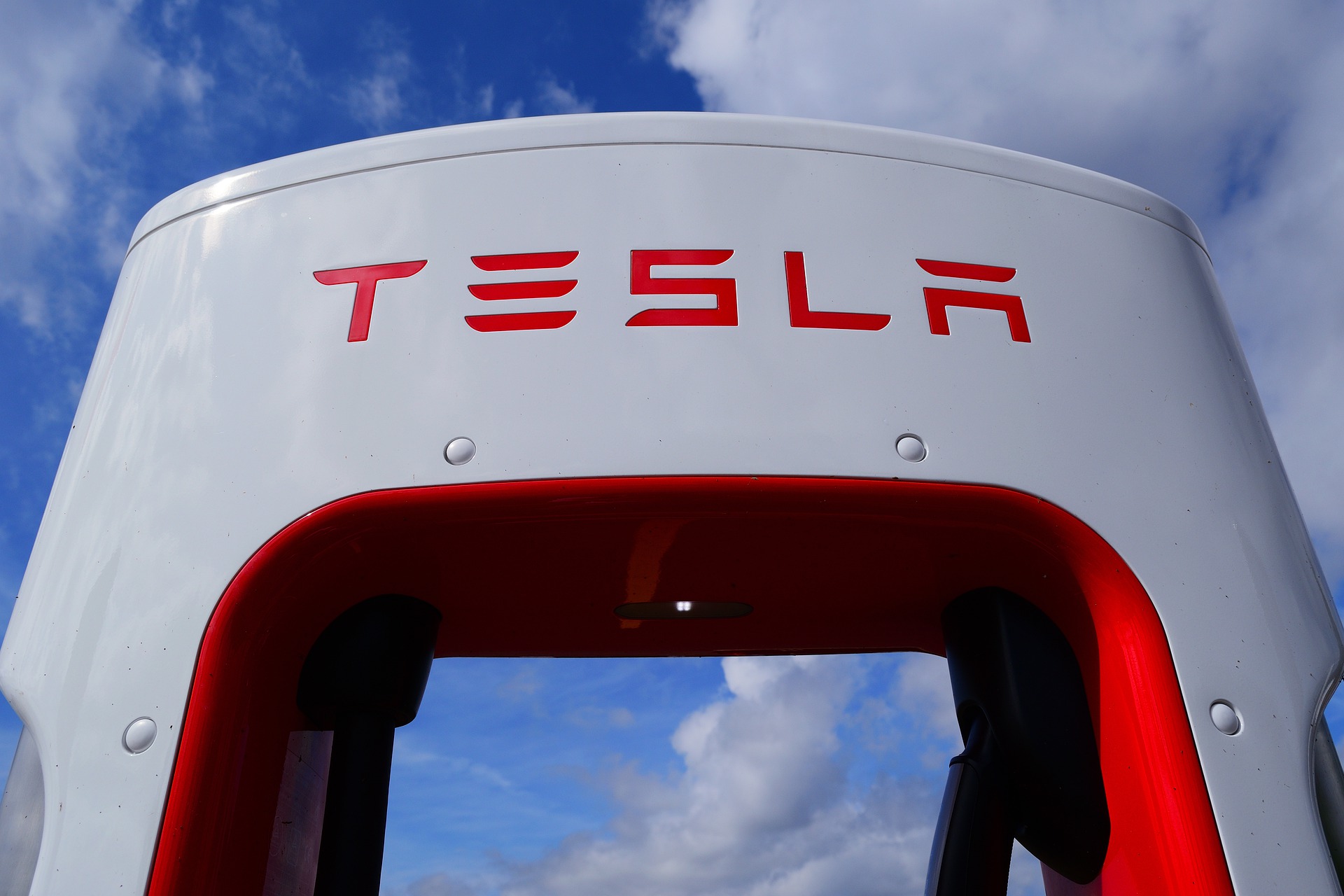A few days ago, we posted an informational electric vehicle buyers guide regarding EVs, but as a Tesla authorized electrician, we’ve heard many other questions we thought we should address. Therefore, we decided to write a follow-up to that article to give you further information and assist you with your purchase decisions. If this topic interests you, please go back and read EV Buyers Guide – Part 1.
- Incentives and Tax Credits: EV tax credits and rebates can help lower the overall EV pricing at the dealership. There is a federal tax credit available for up to $7,500, and various states offer rebates that can be worth up to $5,000. Your utility company may also offer additional rebates. Federal tax credits only apply to the first 200,000 vehicles in each manufacturer’s lineup of electric and plug-in hybrid vehicles. New Tesla and GM electric vehicles no longer qualify for the EV federal tax credit.Those who lease EVs are not eligible for the federal tax credit. However, many dealers often offer lower monthly payments to make the difference. This can lead to some compelling deals on electric and plug-in vehicles over their gas-powered counterparts.
- EV Battery Range: When EVs first came on the market, the available range was a concern for owners. Charging stations were less available, making longer trips almost impossible. But today’s EVs can provide ranges up to 250 miles or more; longer lifespans for EV batteries are also on their way. This country’s average round-trip work commute is between 35 and 50 miles. Drivers with home charging stations should be able to recover that range overnight. To maximize battery life, avoid aggressive driving and extreme weather if possible.
- Weather and EVs: Extreme temperatures can adversely affect any vehicle’s performance and fuel efficiency, most notably the engine and tires. The weather also affects EV batteries, with high heat leading to increased wear and tear. Also, mileage is decreased when the air conditioner is in operation. Therefore keeping the car in Florida’s high heat requires some consideration.
- EV Maintenance: An electric vehicle has fewer moving parts under the hood, so oil changes and transmission fluid are unnecessary. You’ll still need to maintain tires, brake pads, and wiper fluid, but these are easier components to maintain.
- Used vs. New Electric Cars: Many new electric vehicles are coming onto the market, but a used EV can be an excellent value if you’re looking for a good deal. Many of the best electric vehicles have depreciated rapidly in a short time due to technological changes – and are available for a small fraction of their original MSRP. You’ll also be giving a car more life, which helps minimize your carbon footprint.
- Auto Insurance: High-end EV owners can typically expect higher costs compared to gas-powered vehicles due to their higher assessed value and repair costs. The greater risk for your insurance provider translates to higher premiums, although owners say the savings on fuel and maintenance will usually offset these costs. However, this isn’t the case with lower and moderately priced EVs, which enjoy lower insurance premiums.
There are many reasons to consider an EV, and every day makes them more affordable to own and operate. If you are a Sarasota resident interested in learning more about installing a home charger, call Promise Electric. We are one of the area’s only Tesla-authorized electricians and one of this region’s most trusted electrical services companies.



